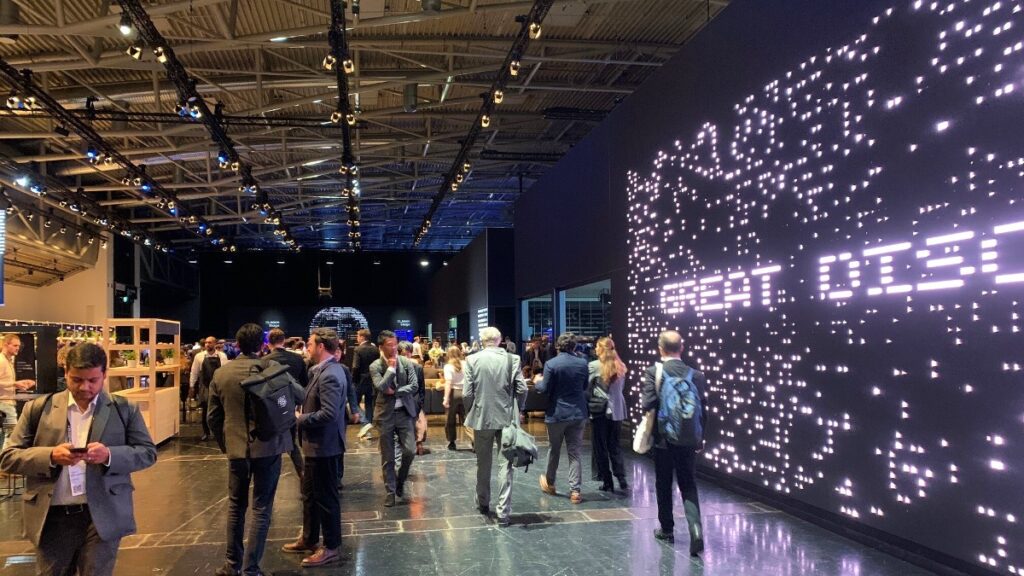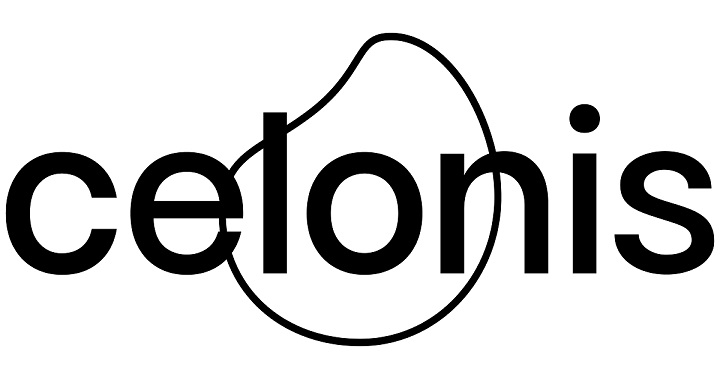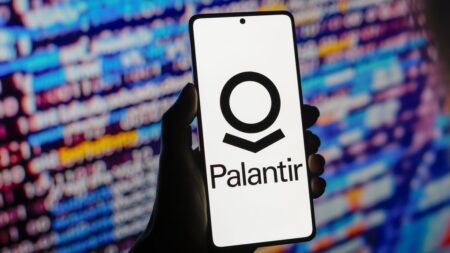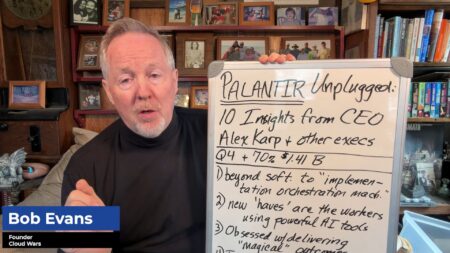
It’s impossible to attend a tech conference in 2024 without AI leading the agenda. While discussions around safety and governance are always present, they often happen after the fact, as a confirmation of vendor awareness and commitment to developing AI technologies with a strong security foundation in place.
This isn’t the case at Celosphere 2024. Discussions around AI — and indeed other technology governance — are prominent. One area that has received dedicated floor time is the concept of trust: how to build it, why it matters, and what Celonis is doing to increase it in its customer ecosystems.
Trust in Today’s Business Tech Landscape
Trust matters in the modern business technology landscape. Nina Schick, a thought leader exploring the intersection between technology and global politics, led a profound session aimed at shining a spotlight on AI. Schick explained how we are yet to reach “peak” AI. She concluded her session by saying, “You can be good at AI or bad at business.”
However, she wasn’t blindly supportive of the technology. Most significantly, Schick highlighted the colossal energy demands that AI would require as much as an estimated 550% increase in power demand by 2026.
During a roundtable discussion led by Janina Bauer, global head of sustainability at Celonis, the concept of sustainability as a strong underlying factor in trust was raised. Bauer explained how customers, suppliers, and employees’ trust in ethical conduct and security, as well as environmental concerns, like the ability for companies to leverage AI technologies in a way that doesn’t negatively impact the environment, all fall under the mantle of sustainability.
What’s more, failure to address these aspects of sustainability, all of them collectively, leads to a degradation in trust, and consequently a loss of customer and partner support.

Earning Trust
In a dedicated session moderated by Vanessa Candela, chief legal and trust officer at Celonis, three panelists — Andrew Becherer, CISO and cybersecurity advisor, Ann Rosenberg, senior sustainability and responsible AI Advisor, SustainableIT.org, and Celonis’s North America Chairman, Mike Kaufmann — explored the challenges of establishing trust in the technology sector.
Various aspects of trust were discussed including B2B relationships, sustainability, and, of course, AI. Kaufmann explained how, generally, people think of trust as a binary concept, yet in the business world, it changes depending on who you’re dealing with as people enter and exit organizations. Ultimately, the panelists agreed trust relies on reliability and integrity.
Beyond the importance of internal trust mechanisms in business, the conversation focused on customer relationships. Candela explained that trust has always been a critical element in Celonis’ business model. Why? Because when it entered the market, it did so with a new category. Consequently, Celonis customers had to build trusted relationships with the unknown.
Regarding AI, Becherer commented on how this trust in the unknown was equally relevant, particularly regarding the concept of introducing AI into security processes. People are understandably suspicious about the proposal but there are major organizational changes that must take place in companies as they start using AI tools.
The best scenario for trust in AI today, concluded the panel, is AI with human input. Right now, we can’t successfully divert from the human-in-the-loop model, a sentiment shared by Mamta Lamba, Global Business Services LLP, PepsiCo in her fireside keynote. Candela reminded that no one trusted the cloud, but now everyone uses it. So, could we see a similar trajectory with AI?

Closing Thoughts
Celonis is committed to sustainability. It has been featured heavily in its product development and messaging. As we’ve learned, this commitment is intrinsically linked with trust. As we continue to dive deep into the emerging world of AI, the issue of trust is becoming increasingly relevant, and a sought-after differentiator for consumers.
Clearly, Celonis is aware of how its customers and partners will continue to view AI with suspicion, especially when it comes to relying on autonomous agents to carry out tasks independently. To that end, the focus on trust at Celosphere was both timely and strategically important for the company.
Yet, there’s another layer to this — one that wasn’t discussed so extensively. It’s the idea that the nature of process intelligence itself provides a secure foundation for AI technologies.
There has been a great deal of messaging around the idea that AI needs PI. However, beyond the buzzwords, this is true — and not just at the operational layer. Process intelligence is like another guardrail; a transparent, proprietary trust layer that users can explore and monitor to ensure the integrity of their data, understand its function, and trace its lineage, with pinpoint accuracy.

AI Agent & Copilot Summit is an AI-first event to define opportunities, impact, and outcomes with Microsoft Copilot and agents. Building on its 2025 success, the 2026 event takes place March 17-19 in San Diego. Get more details.









